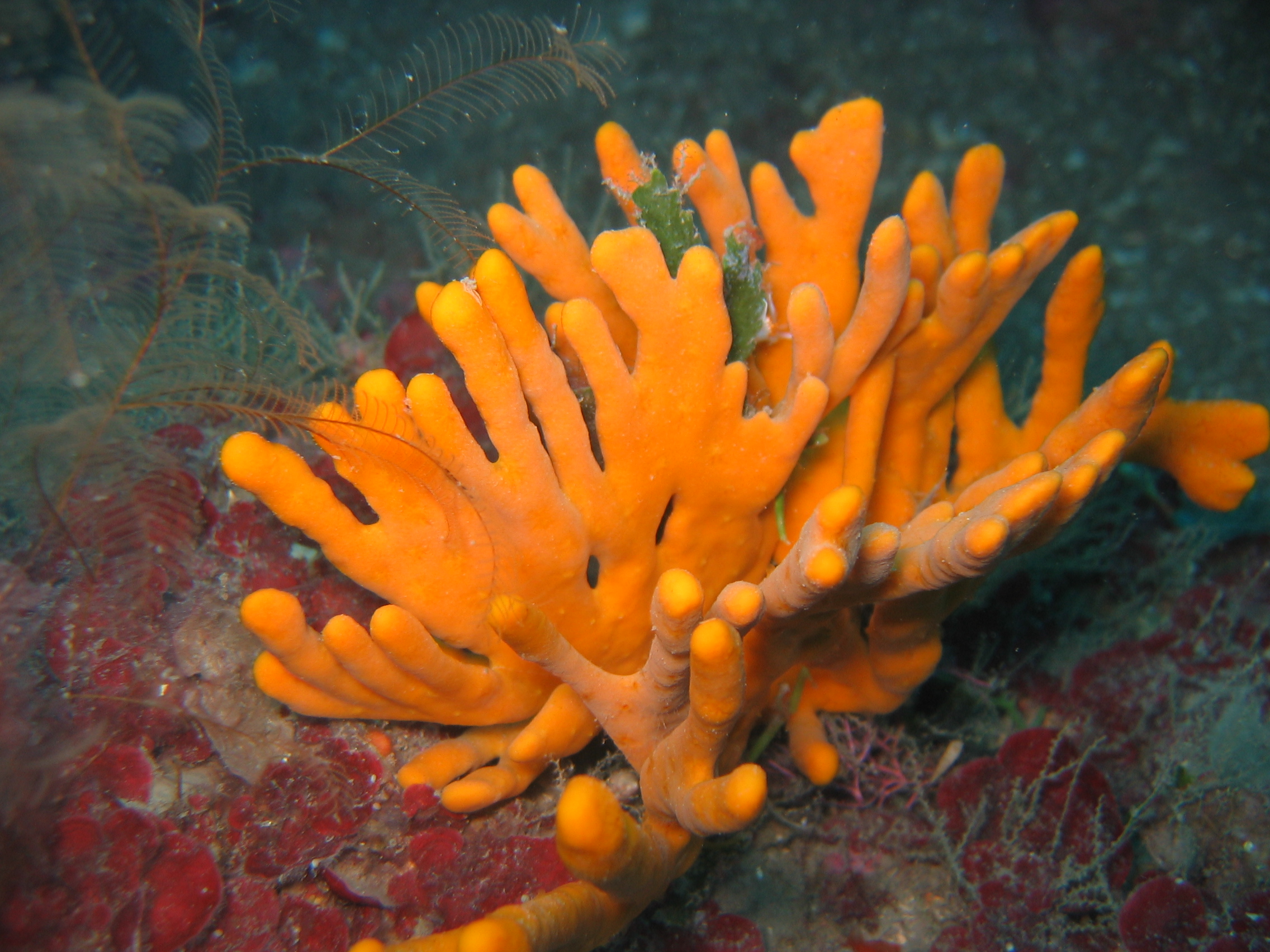Sponges are found in a variety of colors, shapes and sizes and are often mistaken for plants. sponges are very simple creatures without tissue. All corals need salt water to survive. Most sponges are found in the sea, but many species are also found in freshwater and estuaries. 26th. 2021 sponges are hermaphroditic, meaning they can have both male and female characteristics. They release sperm into the water and float in the ocean current. When then absorbed by another sponge through the choanocytes, fertilization occurs inside the sponge and the larvae are excreted into the water. Sponges are very simple creatures without tissue. All corals need salt water to survive. Most sponges are found in the sea, but many species are also found in freshwater and estuaries. Regardless of these differences, sponges are an important inhabitant of coral reef ecosystems. Algae provide food produced by photosynthesis to corals, which provide protection, protection and a nutrient-rich environment for algae for growth. Based on the above facts, the main differences between sponges and corals are: The sponge belongs to the phylum Sponge. Corals belong to cnidarians. There is growing interest among scientists in both sponges and their symbiotic microorganisms, as these relationships often lead to the production of pharmacologically important substances. Why sponges are threatened today Climate change is known to be the main threat to our oceans and marine animals.
ourmarinespecies.com Изображение: ourmarinespecies.com Sponges are animals that eat small food particles They pump water through their bodies. They are very common in Caribbean coral reefs and come in a variety of shapes, sizes and colors.
How does sponge work?
Sponges are relatively simple multicellular animals, with no tissues or organs, but with specialized cells to perform important functions. Each of these cells has a role. There are cells that are responsible for digestion, cells that reproduce, cells that can carry water and filter food with a sponge, and cells that are used to remove waste.
Where is the sponge?
Most sponges are found in the sea, but many species are also found in freshwater and estuaries. Regardless of these differences, sponges are an important inhabitant of coral reef ecosystems.
What is the difference between sponges and coral reefs?
Sponges are very simple creatures without tissue. All corals need salt water to survive. Most sponges are found in the sea, but many species are also found in freshwater and estuaries. Regardless of these differences, sponges are an important inhabitant of coral reef ecosystems.
Why are sponges threatened today?
Why sponges are threatened today. Climate change is known to be the main threat to our oceans and marine animals. But given that sponges have survived millions of years through countless climate changes, why do these future changes in our oceans pose such a threat?
Is the sponge alive?
Sponges are one of the simplest multicellular organisms in the world. They grow in all different shapes, sizes, colors and textures. Scientists have identified about 8,500 species, but more than 25,000 are believed to be in the ocean. .. There are also some freshwater species. 17окт. 2018
Why is sponge important?
Sponge grounds add structural complexity These areas of the deep sea where they occur provide habitat and refugium for commercially important species, support food networks, and deep sea Maintain biodiversity.
What makes a sea sponge an animal?
Sponges are multicellular, heterotrophic, lack cell walls, and are similar to other animals in that they produce sperm cells. Unlike other animals, they lack real tissues and organs. Some of them are radially symmetric, but most are asymmetric.
What is the uniqueness of sponge?
There are no organs, but sponges are made up of specialized cells that carry out all biological processes. The sponge has many pores for filtering water for food and oxygen and pushing out waste (hence the name Porifera). Some deep-sea sponges can live up to 200 years. There is more than that.

Below you will find two helpful answers on a similar topic. 👇
Are rabbits blind at birth?Do cows always sleep lying down?
